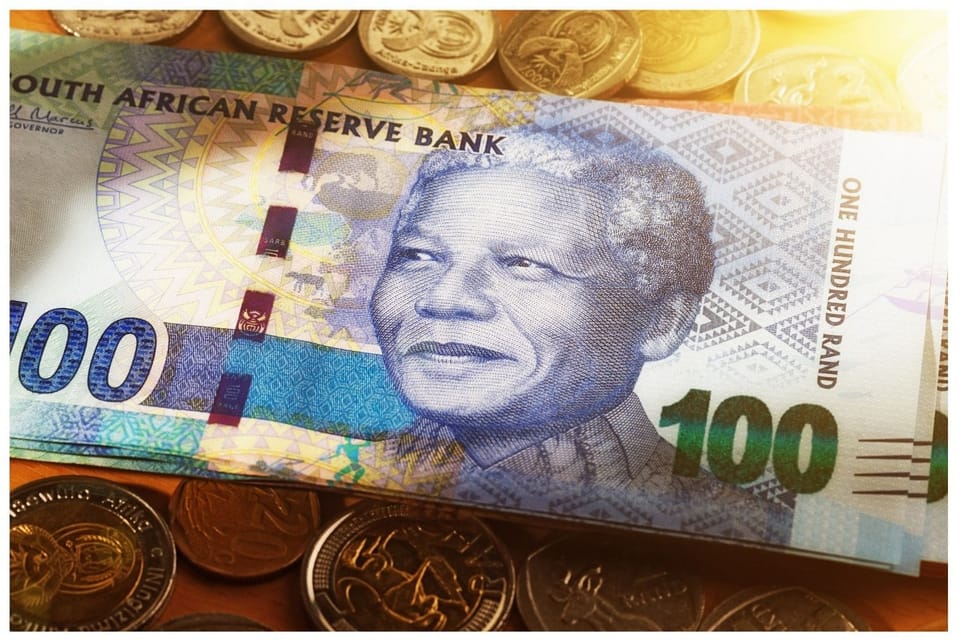Transaction Financing: Money makes more money

Ever wondered why banks always make money? No matter what the economic situation is like, banks somehow seem to not only remain unphased, but they also remain profitable. Almost as though they've found a secret formula.
But is it really a secret or has it been staring at us for all these years?
Several moons before I was born, a certain Titus Plautus said "it takes money to make money" yet growing up, there was always the notion hard work is what made money. But what if good ol' Titus was onto something. How much money would it take, and how would you do it?
Legally, there are very clear lines that separate a Ntate Mashonisa from a Wonga and a Wonga from a bank. But in principle and concept, they are not as far removed from one another as you might think. They all use the excess capital available to them to assist those without it. For a premium obviously. This premium, however excessive in some cases, is their return for risking their available capital and is the reason they are able to continue using money to make money.
Now I’m not in any way suggesting that we all become loan sharks.
But think for a moment what could be possible if instead of using your credit facility with the bank to purchase a shiny G63, you elected to finance a business transaction for someone that would make you a 10% return. You would still be able to afford the R2M vehicle if you wanted it, but you could also have increased liquidity if you had chosen the first option as your opportunity cost.
And liquidity means leverage and flexibility. This is probably why companies like Apple keep billions of their own money in cash and use credit facilities to finance expansions and investments. They understand that cost of debt will always be cheaper than the cost of equity and that managing cash flow is critical.
Getting creative
But what do these deals look like? This is where you have to get creative with things. And it becomes easier when you are actively looking for interesting opportunities. You may be tempted to finance a friend’s purchase orders, or pool together with another friend to open a carwash. You may even offer to assist in the purchase a minibus taxi. Or offer to assist an attorney’s office with transfer fees for their clients. Each opportunity will present a different level of risk to you and some will certainly yield more than others in return.
A word of caution though, in your pursuit of opportunities, do your research first.
The last thing anyone wants is to go down the rabbit hole of unsecured lending with no way of recovering your capital.
With this in mind, the question then remains, how much money do I need to make more money. And it may surprise you to know that it isn’t the size of a lottery win. Starting small in this case is not the worst way to begin, especially if you consider how beneficial compounding can be.
Say for example you were to start with R10 000, if you aimed to make 10% on each deal, you could double your capital by the 8th deal. And the best part is you get to decide what you want to finance, you are only limited by the capital at your disposal at the time. The key here is to employ the same level of discipline that you would be forced to with a bank loan. Never regard the returns as profits, but rather as increased capital. The more capital you deploy, the more you can return to deploy again.
So the next time you watch an episode of I Blew It, ask yourself, where could those funds have been deployed? Perhaps to a pursuit of income.
